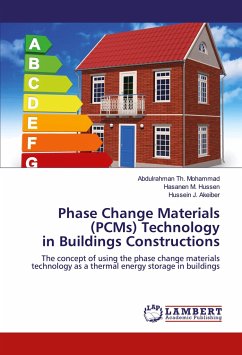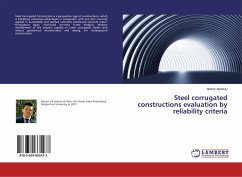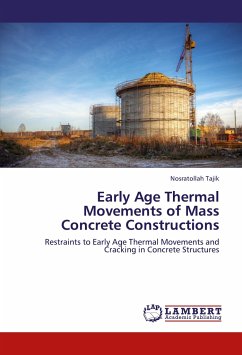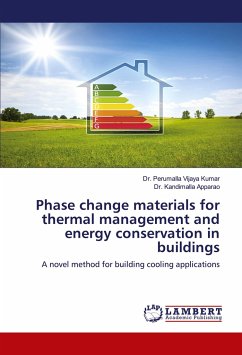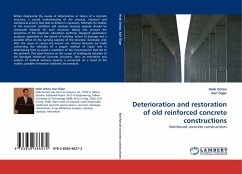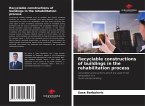Thermal energy storage (TES) is defined as the storage of heat energy that may be achieved by elevating or lowering the temperature of a substance. Based on heat storage capability thermal energy storage media are classified in to sensible heat storage (SHS) and latent heat storage (LHS). In SHS during phase change, the heat is stored or released in the storage media together with temperature alteration. Conversely, in the LHS materials heat is stored or released during phase change processes in the form of fusion/solidification. LHTES systems are created by impregnating organic, inorganic, or eutectic compounds into construction elements including wallboard and concrete. They are promising due to their prevalent acceptance and subsequent adaptation as building materials in the entire buildings environment.

